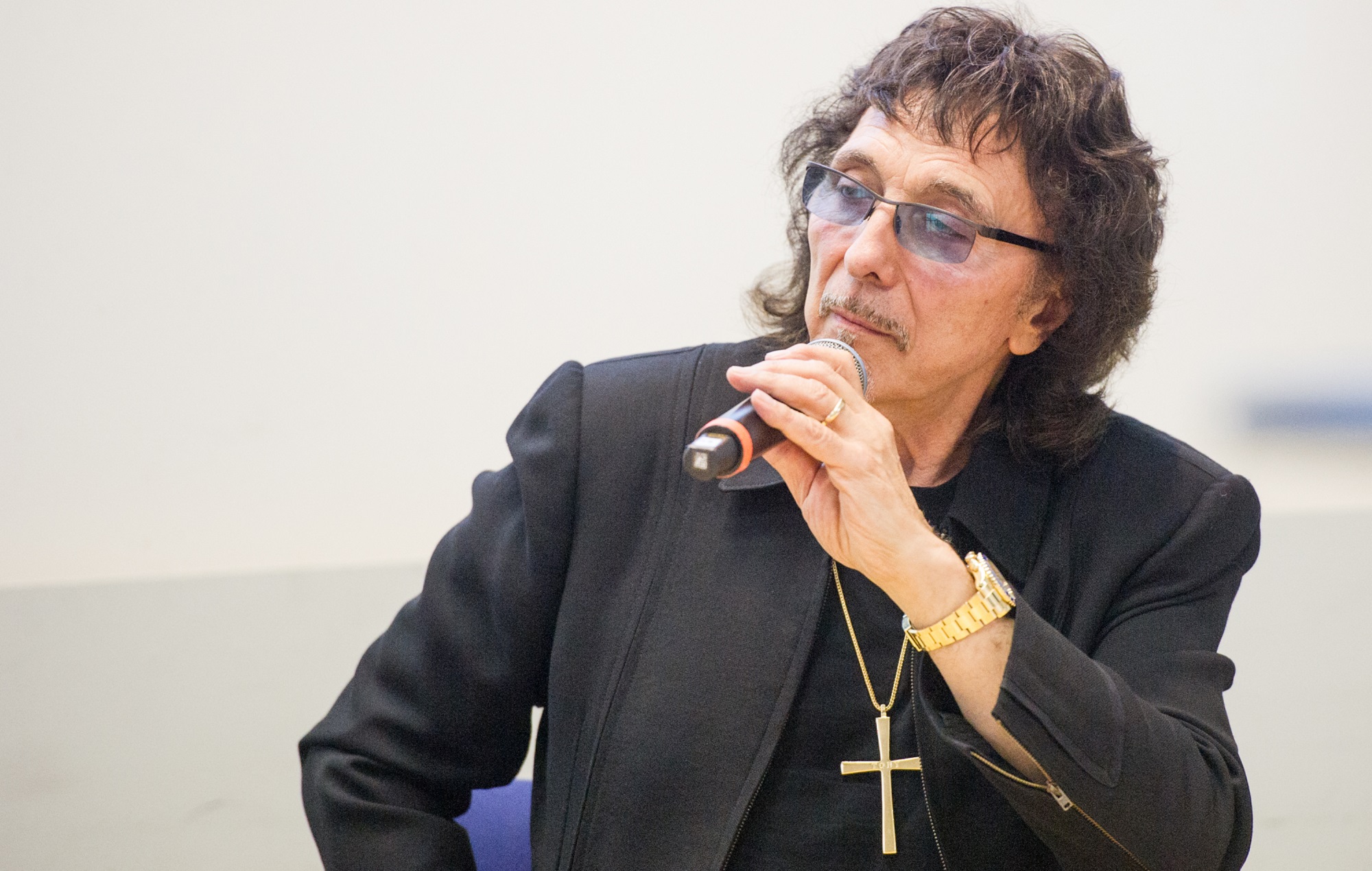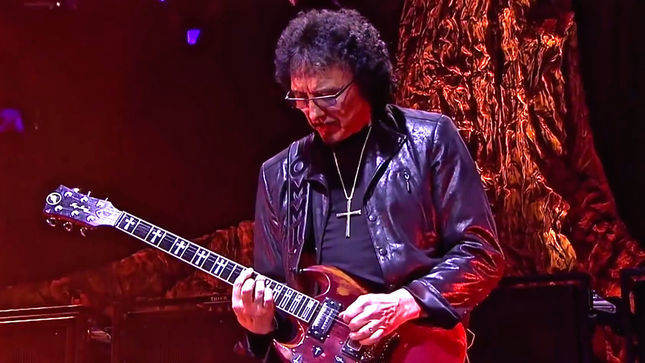“I was really into metal back then, and it was influencing the stuff I was writing as well…It was amazing to see what new bands were coming out then. And each one had a different version of metal if you want to call it metal. Different versions, instead of just going on and screaming into the microphone and everything sounding the same. Really good, different bands coming out. Slipknot being one of them, obviously. It was great.”

It should be noted that around that time, Butler was heavily involved in his solo career. He eventually released his debut solo record Plastic Planet prior to Ozzfest 1999. If you put that record on today, you’ll find it’s chock full of sounds that were contemporary at that time. Ex-Fear Factory vocalist Burton C. Bell, for instance, provided guest vocals on the record.
“I really liked Fear Factory at the time and I’d been writing all this stuff that was too heavy for Sabbath or Ozzy. Pedro Howse, my nephew, had this band called Crazy Angel, which was like an ultra-thrash band. So, when me and him got writing together it came out ultra-heavy, and I wasn’t restricted to what lyrics I was going to write about.”
In a recent conversation on Full Metal Jackie‘s weekend radio show, Geezer Butler discussed his memoir “Into the Void,” reflecting on his storied career and sharing insights on various topics, including his views on religion, his disappointment over drummer Bill Ward‘s absence from the band’s final tour, the transformative ’60s, and Black Sabbath‘s records with Tony Martin.
Asked about his thoughts regarding the Tony Martin era, Butler shared (as transcribed by Loudwire): “There was just one album that I did with Tony Martin that was, God, I can’t even remember Cross Purposes. Tony Martin‘s a great singer and he was good to work with. There were no bigger egos or anything. He got down to it when he needed to. That was a good album for me because a lot, half of it was probably written by me, but the music side of it. I went round to Tony‘s one day and played him all this because I was doing a solo thing at the time and I’d got tons of material. I played him some of the stuff that I’d been writing, and he really liked a lot of it. So I think about half of it ended up on the album.”
“I suppose they remain the same. I’m not as religious as I used to be, so that’s definitely changed. I think I’m a bit more conservative than I used to be as I get older. Dirty old man. But the ’60s was such an incredible time to be a teenager. All the music was changing everywhere. There were all these new ideas coming. The counterculture was going on at the time and there was a big backlash against organized religion, a big backlash against the establishment. The Vietnam War was raging, which my generation was totally against, and there just seemed to be so many things happening. There’d be new great bands coming out every other month, it seemed, and everything was just like, really vibrant.”

Butler also reminisced about the vibrant music scene of his youth, recalling how he saw some of rock’s biggest names before they became famous: “Yeah, one of the local bands that I used to see every week or so was Band of Joy, whose singer was Robert Plant. And you could tell from the first time I saw him, he was going to be massive. It was Rob Plant. And then John Bonham used to be in a local band as well, drummer. And you knew that he’d go on to greater things.” Butler said.


Leave a Reply